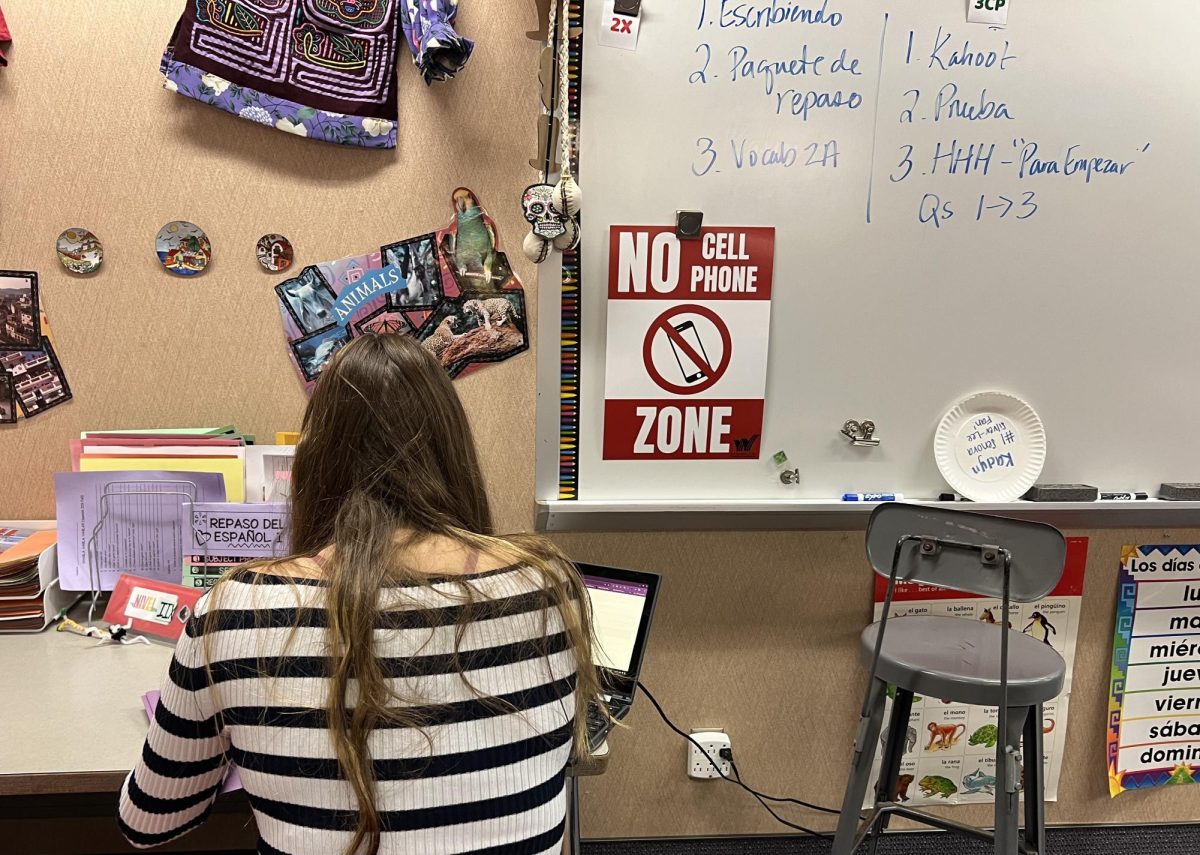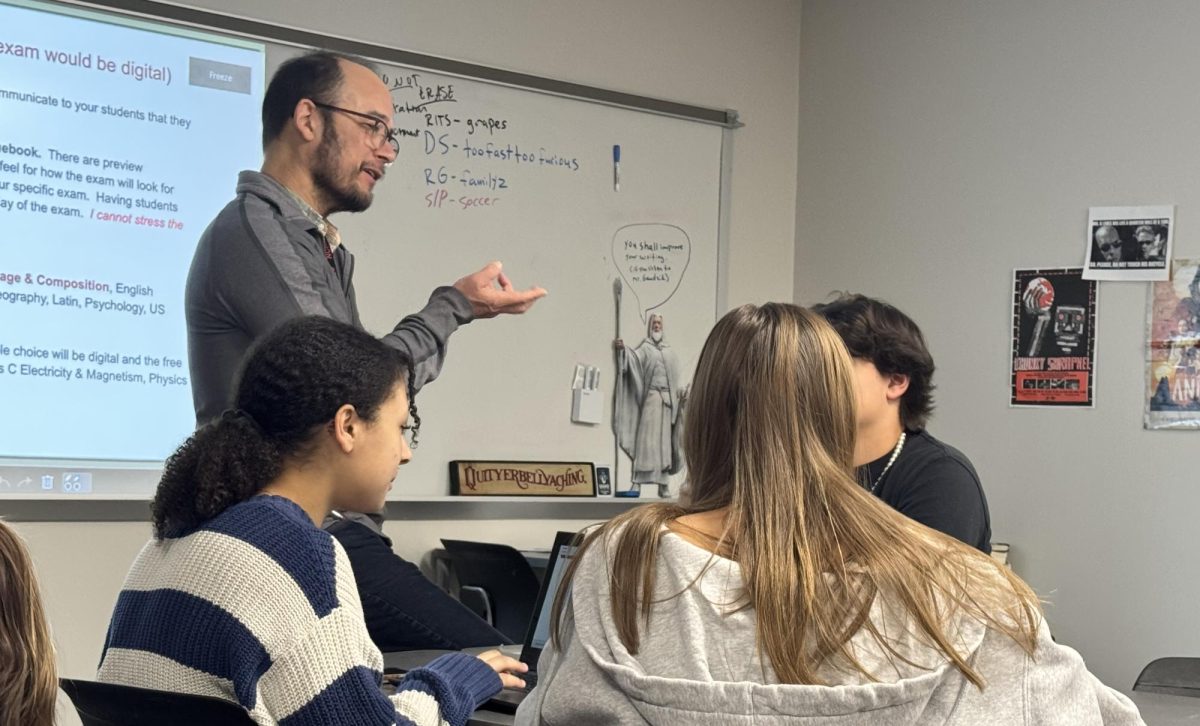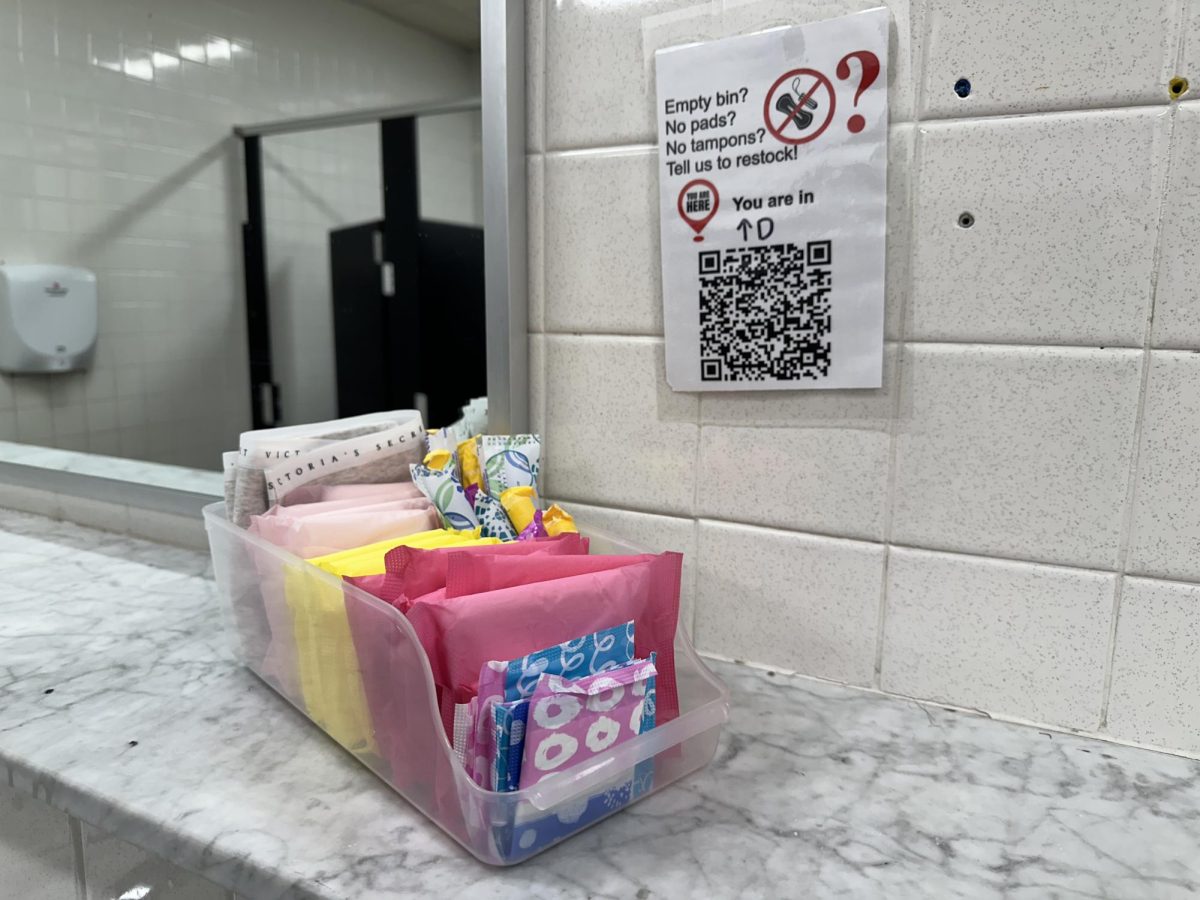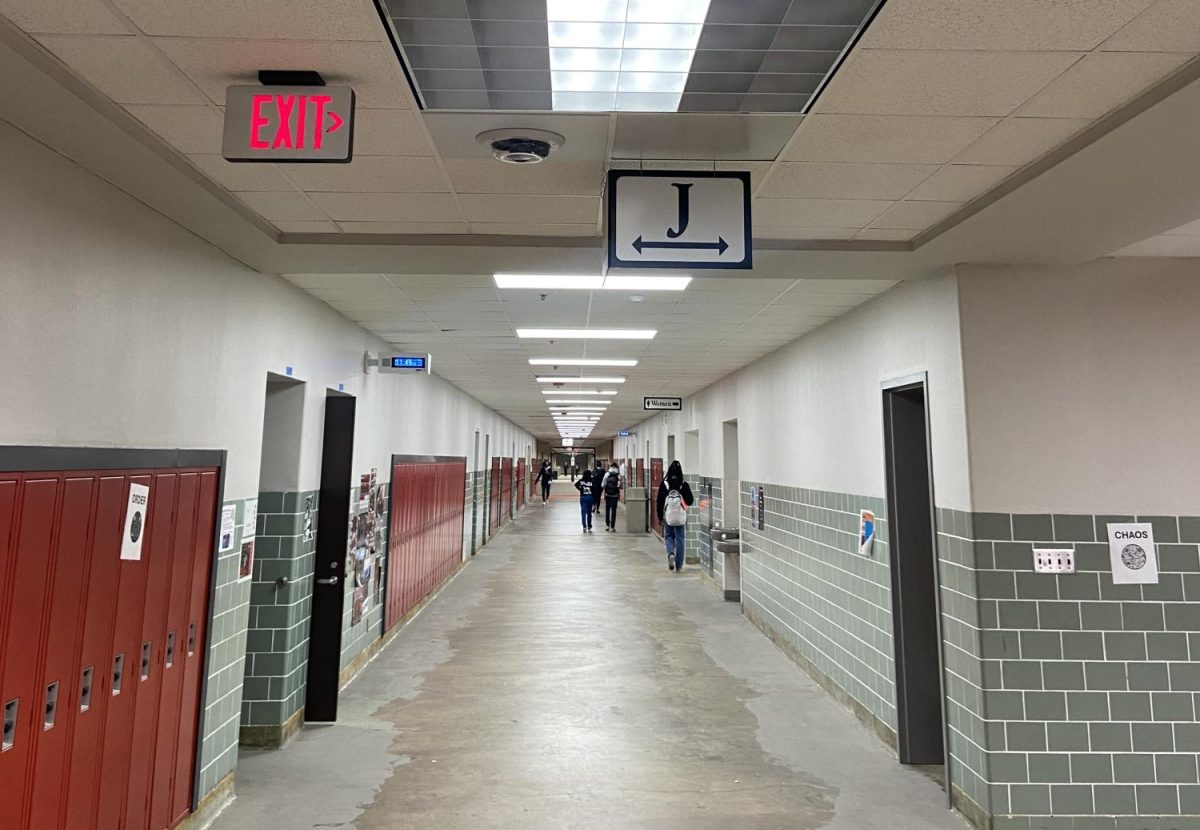On March 12, Governor Eric Holcomb passed a new cell phone law stating cell phones should not be used in schools during instructional time.
The law doesn’t include how each school should enforce the policy, so procedures vary from school to school. Some school districts such as IPS already had similar policies, so not much has changed. Other districts must now create new policies to enforce the law.
The law took effect on July 1 and North Central administrators, teachers and students have noticed immediate changes.
“The law is really adhering to a policy North Central has always had,” Assistant Principal Nick Brewer said, “Students are not supposed to have phones out in class.”
Not only has the law initiated new policies on the administrative level, it has also impacted teachers. Cell phones have been a distraction in class for several years and teachers have dealt with decreased participation.
“The law really empowers teachers to have that expectation, to have that conversation with students and then hold them to that standard,” Brewer said, “As of now, I’ve heard positives from teachers, I have not heard any negatives.”
Students, however, have varying opinions on the new law and the coinciding policies at North Central.
”I mean, I would say I am for the law, but if people want to be on their phone and not pay attention to the teacher, then so be it,” junior Jeffrey Duke said, “The teacher is still getting paid and it’s the student’s education, not theirs. It is more the students responsibility.”
Students feel that the law may be necessary, but not the most convenient.
”I’m in the middle about the law because we can’t use phones at all,” sophomore Yosgad Ortega said, “I think they should make a time where we can use them when instructional time is over.”
Students have noticed a positive change in their classroom behavior now that the law is in place.
”I have been able to focus better in all of my classes, without the distraction,” junior Brielle Parish said.
The new law has also brought some difficulties.
Students can no longer check the time or take photos of valuable slides during lectures.
Prior to the law, having cell phones during class time was typical for students. Phones were somewhat normalized.
“I used my phone quite frequently in school before the law,” Duke said, “I didn’t use it much during instructional time, but right after I was finished with an assignment I would use my phone for a little bit.”
However, administrators have recognized cell phone use as a serious issue.
“If you look at the research, this generation is really the first generation that’s ever grown up with cell phones,” Brewer said, “It has been proven time and again to be detrimental to learning.”
Overall the response has been fairly positive. Students realize its importance and teachers welcome the reinforcement to policies already suggested.









